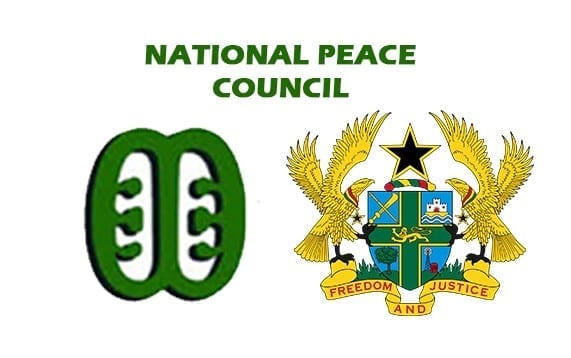Agreeably, several significances of signing to peace accord in 2020 election in the case of Ghana were undermined.
However, it is imperative to state on record that the holistic positive impacts of signing to peace pact concepts in promoting peace, security, and stability before, during, and after election cannot be underestimated.
The United Nations in its Chapter VIII (Article 52-54) of its peace pact initiative emphasizes the importance of promoting peace and security through agreement and peace pacts.
This approach, per international standard and evidence, has stood the test of time as a key component for ensuring peace, security, and stability especially in an election process, though in the context of Ghana, several significances of the peace pact were undermined in 2020 election.
However, the positive psychological impact of the approach cannot be underestimated, as it seeks to reduce high risk of election violence and tension, build trust in the electoral process, and enhance electoral integrity and credibility to foster national unity.
As a result of its enormous benefits, it is important that all critical institutions and stakeholders such as the National Peace Council, Christian Council, Catholic Bishop Conference, Chief Imam, Chiefs, Pastors, and many others to join efforts to peacefully engage the leaderships of the NDC to address their fears and concerns, since their decision will cast a huge shadow over the upcoming election accompanied by unpredictable negative influences. According to a renowned scholar, Robert Fulghum, “Peace is not something you wish for. It is something you make.”
It is unfortunate, for us as a country that, the National Peace Council, which should be the beacon of hope for peaceful resolution, now finds itself at a crossroads with the NDC due to their less input in seeking justice for 2020 election violence victims.
To regain the trust and confidence of the NDC and ensure a peaceful electoral process, I recommend the Peace Council to take the following bold and immediate actions from now to the end of October 2024.
First and foremost, the Peace Council must acknowledge the NDC’s concerns and apologize for any perceived shortcomings and further petition President Akufo-Addo to recognize the past violence and express condolences to families who lost their beloved ones during the 2020 election and assure them of bringing the perpetrators to book. This gesture of goodwill will help to create a conducive environment for rebuilding trust.
Secondly, the Peace Council must call on the Ghana Police Service to transparently and impartially inform the leadership of the NDC the bottom end of their investigation into the killing of the seven Ghanaian citizens during 2020 election to ensure security personnel account for their actions. This move will demonstrate a commitment to accountability and justice, essential for restoring trust.
Thirdly, the Peace Council must reaffirm its commitment to impartiality by speaking out on any crucial developments from the Electoral Commission’s outfit on election technicalities, hate speeches, misinformation and disinformation among many others that seek to undermine the credibility and integrity of the election outcome or result.
Furthermore, the Peace Council must, through inclusive and open dialogue, engage the NDC to listen to their concerns and fears and help address them comprehensively to build trust.
Lastly, the Peace Council must work with security agencies and civil society organisations to provide a robust, effective, and efficient road map to ensure safety and security in the upcoming election.
By Anthony Acquaye (MCPS, BSc STAT, PISM, ECSIFS, CFFI, CBCI)
Security and Conflict Management Expert, Centre for Security Dialogue and Peace Advocacy.

















